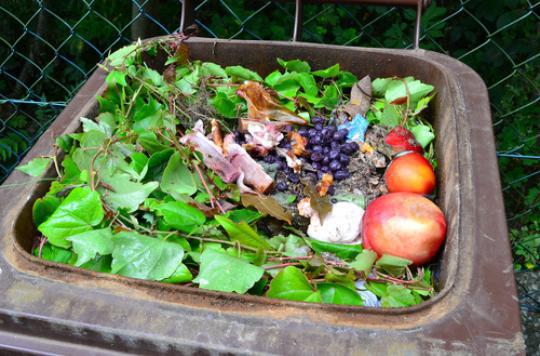Each year, more than 600 million meals are thrown away in the catering sector. The wastage is highest in the hospital.

Very expensive waste… In communities, wasted food comes at a cost, and not a small one. A study by Ademe (French Environment and Energy Management Agency) carried out in 12 establishments in the Rhône-Alpes region reveals large-scale food and financial waste in collective catering.
The authors of this work thus calculated that in the establishments studied (schools, hospitals, nursing homes, companies, etc.), 17% of the food purchased is thrown away, or 14% of its purchase cost. This represents 440,000 tonnes and more than 600 million wasted meals, thrown away without having been consumed, which could have fed all French people for five days for lunch and dinner, calculates the Ademe.
Hospitals in the lead
“Collective healthcare catering is the sector producing the most food loss and waste, with 143 g / meal on average,” we read in the report. This can be explained by the diversity of dietary profiles to satisfy, and the appetite of the guests, which varies greatly (retirement homes and hospitals in particular) ”.
Thus, at the national level, the health sector distributes 1.5 billion meals per year and wastes 230,000 tonnes of them, for an amount of 420 million euros. In detail, all collective restorations combined, food losses and waste represent a cost of 0.27 euros per meal, and even 0.68 euros if we take into account the management of waste resulting from this waste, such as the energy consumed to prepare the dishes, details the Ademe.
Vegetables, meat, fish
Vegetables, meats, fish and eggs are the most discarded food categories, accounting for 60% of quantities 70% of lost costs. This study also shows that the fight against food waste can be a source of savings for the establishments concerned.
The Ademe is launching a few avenues: better calibration of the portions distributed, as well as actions on the preparation or presentation of dishes. The savings made would also make it possible to improve the quality of the nearly three billion meals served each year in collective catering.
Ademe cites the example of the Isère departmental council, which reduced waste by a third in its 96 colleges, saving one million euros per year, reinvested in better quality products.
.















